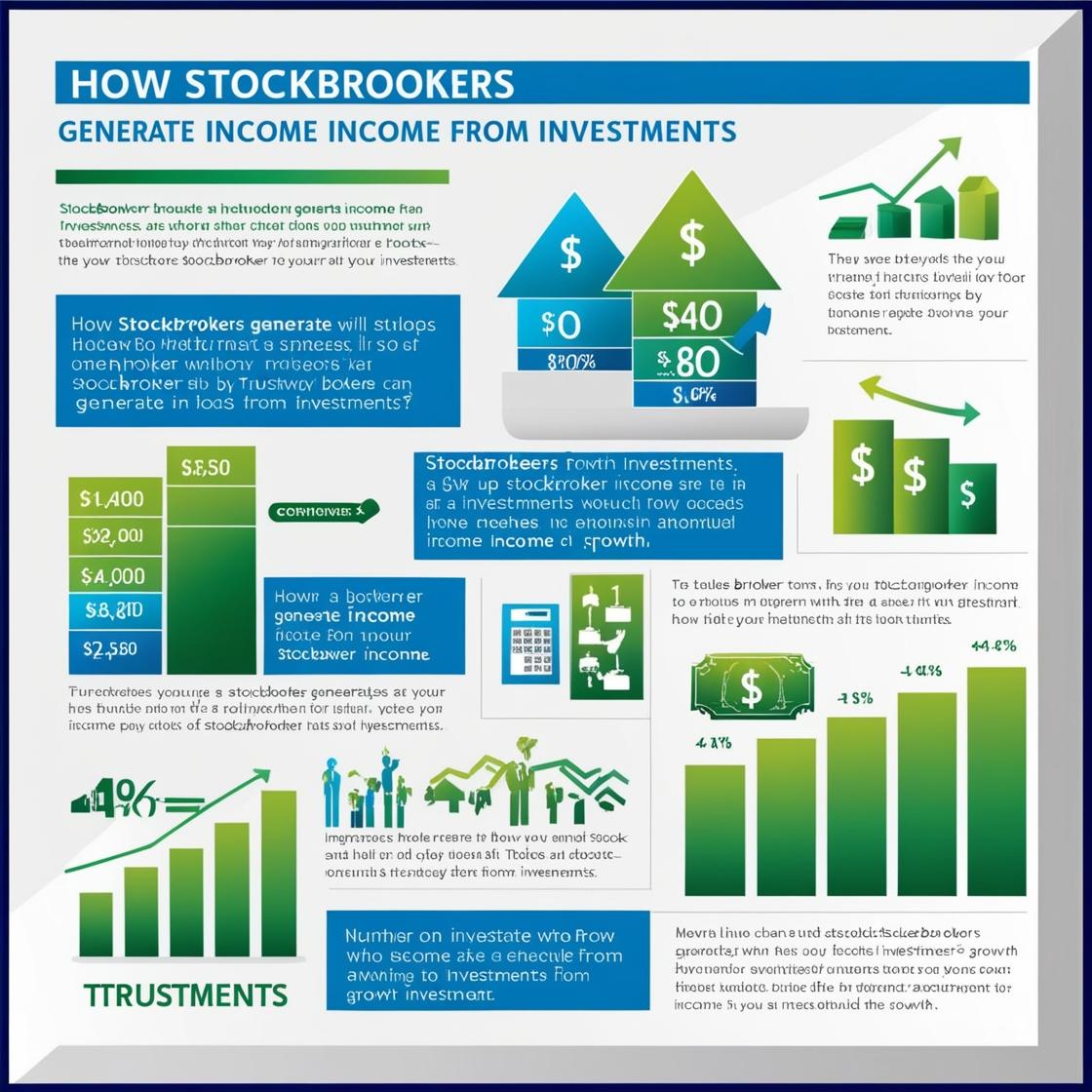
A stock or share represents a piece of ownership in a company. When you buy a stock, you’re essentially purchasing a small stake in the company and becoming a shareholder. This gives you a claim on a portion of the company’s assets and profits, and in some cases, voting rights in corporate decisions.
Companies issue stocks to raise money for growth, development, or other business purposes. This process begins with an Initial Public Offering (IPO), where a private company offers shares to the public for the first time. Once listed, these shares are traded on stock exchanges, such as the NYSE or NASDAQ, allowing investors to buy and sell them.
Types of Stocks
- Common Stock:
Common stockholders usually have voting rights and may receive dividends, a share of the company’s profits. These stocks also have the potential for higher returns through price appreciation. - Preferred Stock:
Preferred shareholders typically don’t have voting rights but receive dividends before common stockholders. Additionally, in the event of company liquidation, preferred shareholders are prioritized in receiving payouts.
Why Do Stock Prices Fluctuate?
Stock prices are driven by supply and demand, influenced by factors such as:
- Company Performance: Strong earnings reports can boost stock prices, while poor results may lead to declines.
- Market Sentiment: Economic conditions, geopolitical events, and industry trends can affect investor behavior.
- Future Expectations: Anticipation of future growth, new product launches, or potential risks can impact stock valuations.
What Are the Benefits of Investing in Stocks?
- Capital Gains: If you sell a stock for more than you paid, you earn a profit, known as a capital gain.
- Dividends: Many companies distribute a portion of their profits to shareholders, providing a source of passive income.
- Long-Term Growth: Historically, stocks have delivered higher returns over time compared to other asset classes like bonds or savings accounts.
What Are the Risks?
Investing in stocks involves risks, as prices can fluctuate due to market volatility. While stocks can provide significant returns, they are also subject to potential losses, especially in the short term. Diversifying your portfolio and adopting a long-term strategy can help mitigate some of these risks.
Final Thought
Stocks are a cornerstone of wealth-building strategies, offering the opportunity to grow your money and share in the success of the companies you invest in. Whether you’re looking for capital appreciation, dividend income, or ownership in thriving businesses, stocks can be a valuable addition to your financial portfolio. However, understanding the risks and doing your research is essential for success in the stock market.




